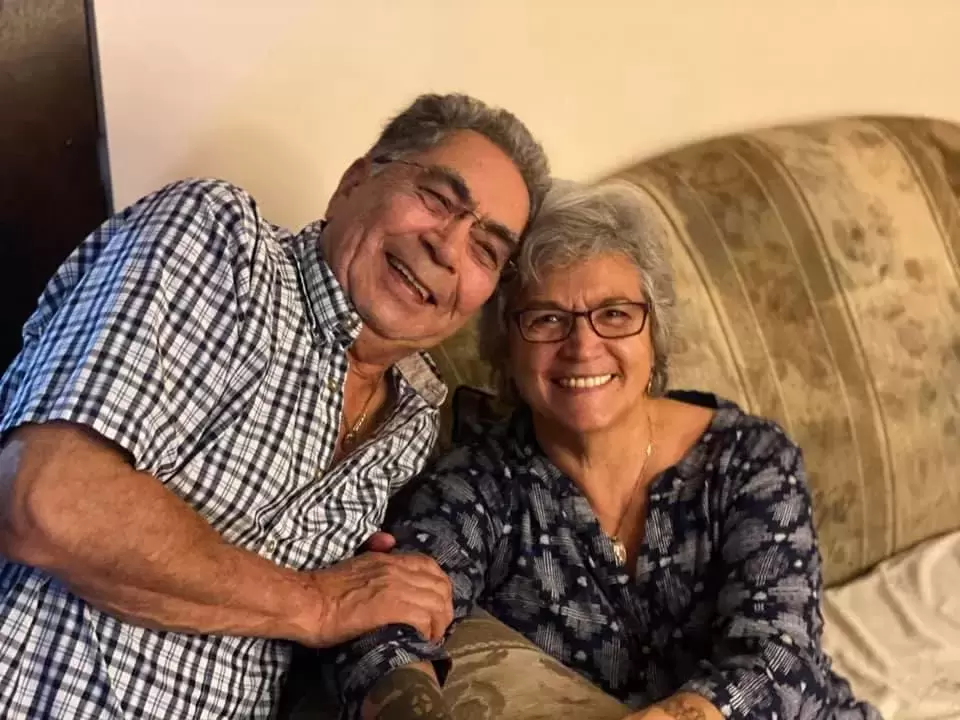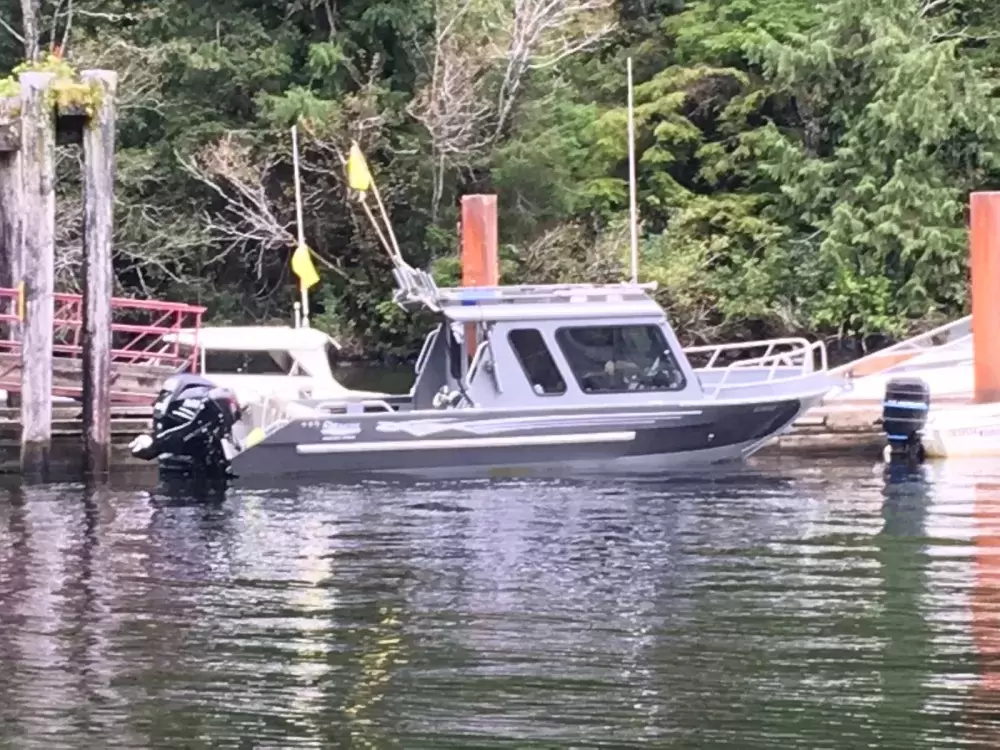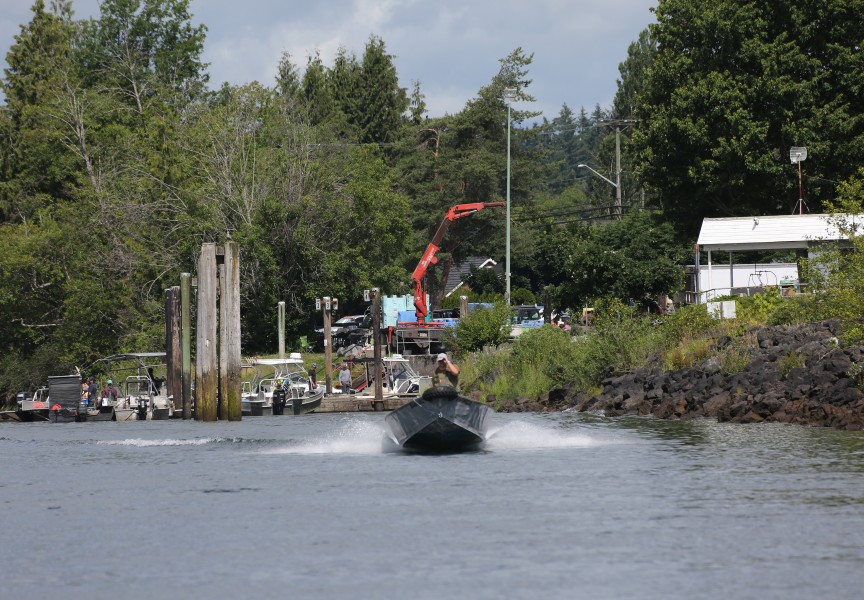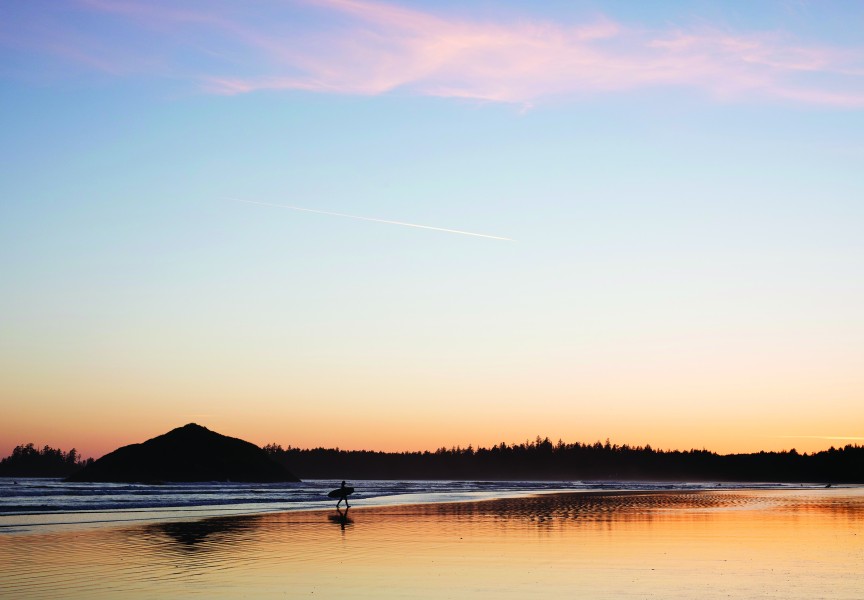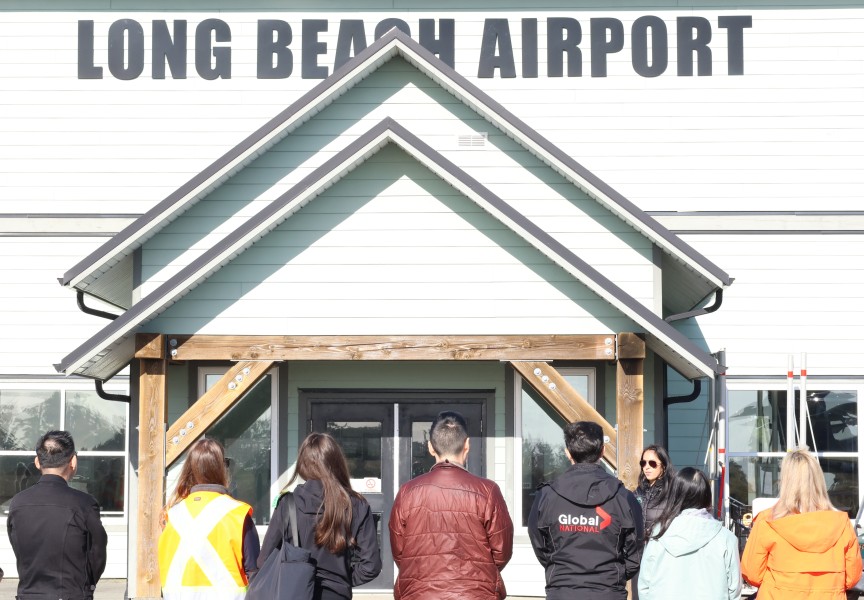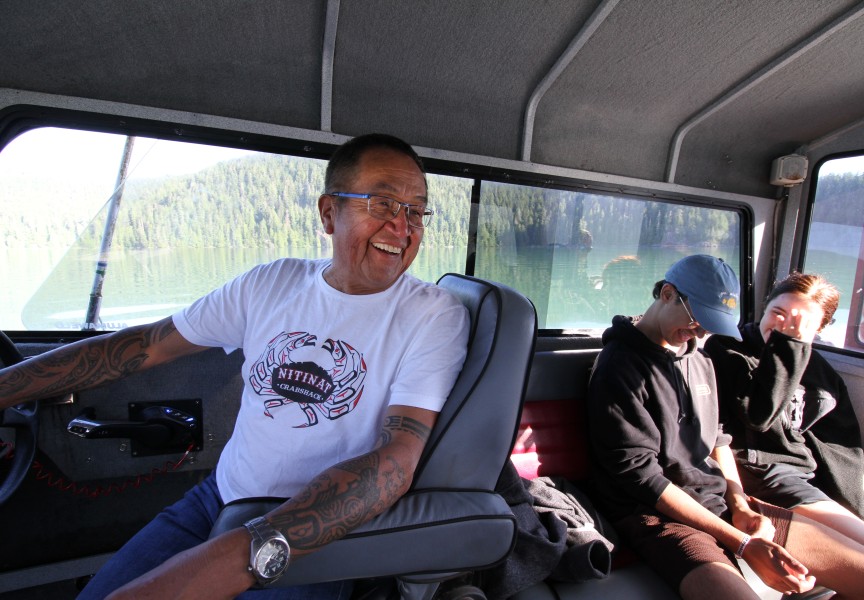Shaunee Casavant welcomed some provincial funding that will help her young business stay afloat.
Literally.
Casavant and her husband Tony Hansen launched Siiqaa Water Taxi, a business based in the village of Kyoquot in the Ka:'yu:'k't'h'/Che:k'tles7et'h' First Nations, in 2019.
But since the start of the COVID-19 pandemic, the couple’s business has been scaled back dramatically. They have only been allowed to transport members of the Nuu-chah-nulth First Nation in and out of Kyoquot.
During the business’ infancy, Casavant said it was common for many people from other communities to visit the remote village of Kyoquot and have them travel there via water taxi.
Because of lost revenue caused by the pandemic, Casavant said it was a big help when it was announced last week that Siiqaa Water Taxi is one of the 140 Indigenous tourism businesses that are receiving financial assistance through the BC Indigenous Tourism Recovery Fund.
Provincial officials pledged a total of $5 million through this fund to assist various Indigenous tourism operators. Businesses were eligible up to a maximum of $45,000 each to assist them with the ongoing economic impacts that are related to safety and health restrictions imposed by B.C. officials in their efforts to combat the pandemic.
Siiqaa Water Taxi, one of 45 Indigenous-owned businesses on Vancouver Island that received funding, was awarded the maximum $45,000.
“It can help with your expenses,” Casavant, a member of Hupacasath First Nation, said of the money her business received. “Gas is huge. And so is maintenance of the boat.”
Siiqaa Water Taxi has one boat for its operation. Casavant said the majority of the business drummed up recently is from community members that need to go to medical appointments or pick up essentials in centres, including Campbell River, Nanaimo and Victoria.
The water taxi service transports community members from Kyoquot to the Fair Harbour Marina, which is then accessible by road to travel to other locations.
“We’re not being frivolous,” said Casavant of the funding received. “Both my husband and I are retired. The income from the water taxi business is limited. It also goes towards the loan payments we have when we started the business.”
Casavant said pamphlets had been distributed at various locations in different cities promoting Siiqaa Water Taxi in the past. But community restrictions and closures caused by the pandemic have made those promotions temporarily unnecessary.
“We couldn’t advertise to the public because the communities were closed,” she said.
And the couple can only wait to see when provincial regulations are eased and when travel is available to all without any restrictions.
“It’s going to be really helpful when we are able to open up to everybody,” Casavant said.
The 45 Vancouver Island recipients of the BC Indigenous Tourism Recovery Fund collectively received $1.58 million.
Vancouver Island had the most fund recipients and the most money awarded out of six regions in the province. Other regional recipients were from Cariboo Chilcotin Coast, Kootenay Rockies, Northern B.C., Thompson Okanagan and Vancouver Coast and Mountains.
Carla Wormald, the manager of government communications and public engagement for the Ministry of Tourism, Arts, Culture and Sport, said provincial officials only provided a breakdown of regional fund recipients. That’s out of respect to those businesses who do not want their names to be publicly shared.
The need for funding was documented in a final report issued by the Tourism Task Force this past December. Members of this task force, featuring 11 business and industry leaders, were appointed by the provincial government last September to identify actions to help the province’s tourism industry recover from the impacts of the pandemic, and also put the industry on a right foot towards future growth.
The task force’s final report was presented to Melanie Mark, the minister of Tourism, Arts, Culture and Sport. Allocating $5 million to Indigenous Tourism BC to distribute to its members was one of the seven recommendations of the task force.
Mark is pleased to see her government step up with funding for Indigenous tourism business operators.
“Indigenous tourism was the fastest growing segment of B.C.'s tourism industry before the pandemic and we're determined to maintain this momentum,” Mark said. “These grants are demonstrating reconciliation in action by ensuring people working in Indigenous tourism can continue inviting visitors for years to come.”
Brenda Baptiste, the chair of Indigenous Tourism BC, was also the chair of the Tourism Task Force. She too is thrilled to see the province step up with some much-needed funding.
“Indigenous tourism businesses have shown so much strength and resilience throughout this pandemic,” Baptiste said. “These grants give them the confidence to keep going and empower operators to adapt their businesses to meet the challenges. I'm thankful to the province for this important partnership.”

